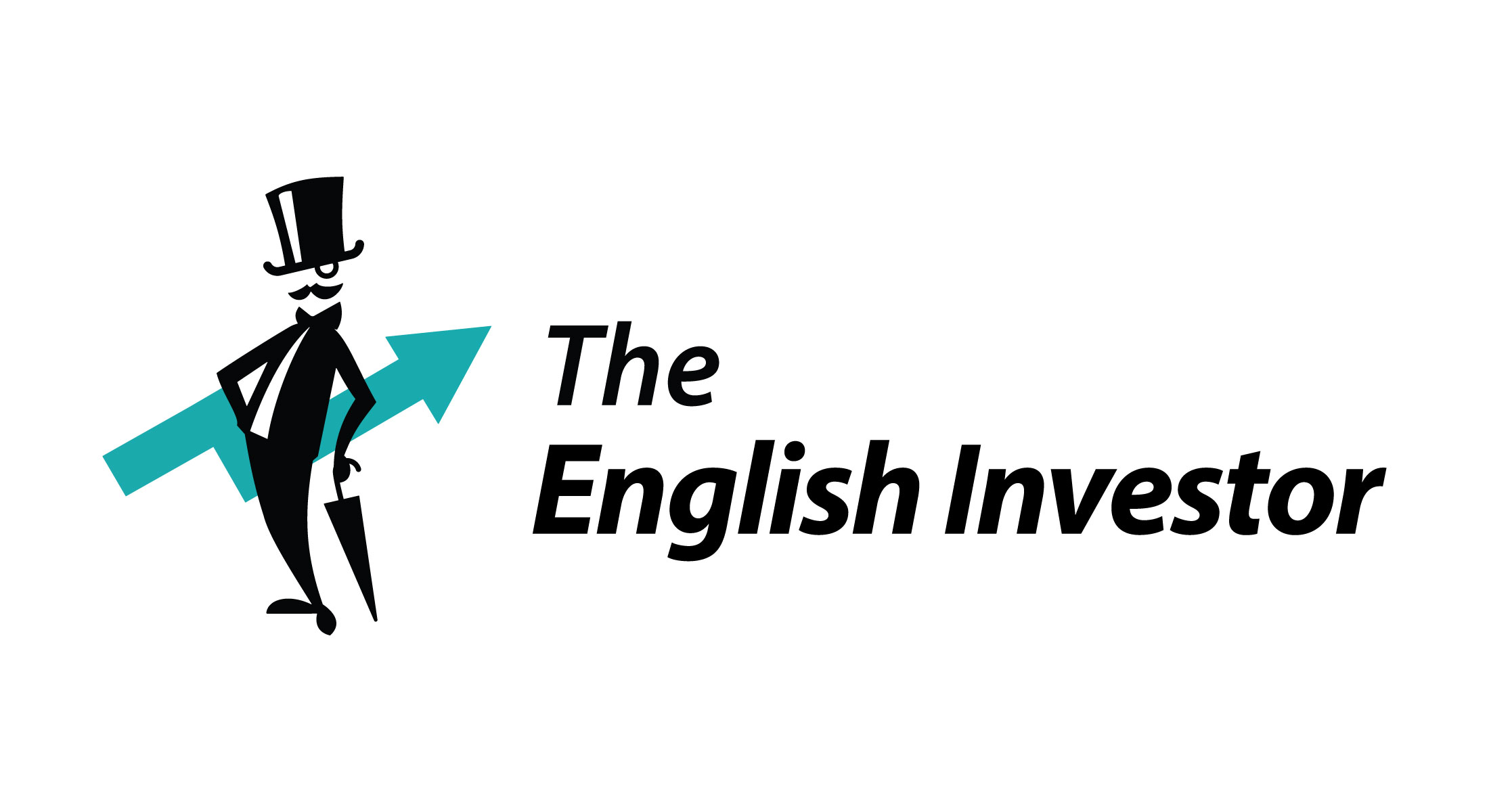Following Spain’s report that inflation slowed down, Germany just announced something similar.
German inflation slowed more than expected in December (EU Harmonized -1.2% MoM vs -0.8% exp). This would be the biggest MoM drop since January 2015.

Bloomberg noted that the decline in the main rate masked an increase in food costs across Germany at the end of 2022. An increase in good costs would tend to make worse the cost of living crisis that many European countries are facing this winter.
It is worth noting that the annual pace of the country’s energy inflation slowed to 24.4% in December from 38.7% in November, helped by the German government measures.
The German central bank – the Bundesbank – predicts that inflation will remain above 7% in 2023, which is way above that the permissible 2% under the ECB’s mandate. The central bank has cautioned against misinterpreting single data reports as a shift in trend, citing a “great deal of uncertainty.”
Germany’s labor market remained strong in December. Unemployment unexpectedly dropped in December, supporting the ECB’s hawkish stance. The data would suggest that a mild winter recession will not push the economy off a cliff.
Germany’s inflation rate of 8.7% last year was already by far the strongest on record since the country’s reunification.
Most economists still expect the ECB to raise the benchmark rate by 50 basis points in February.

